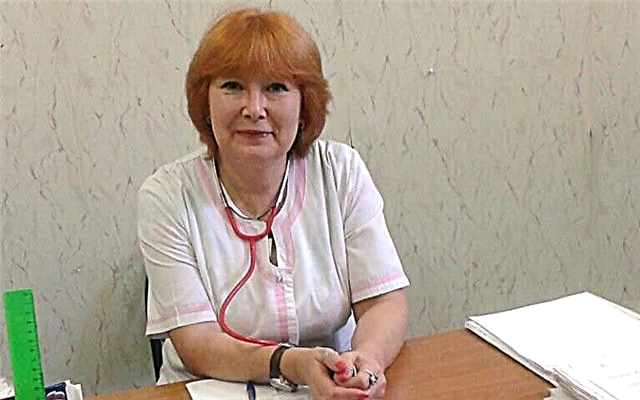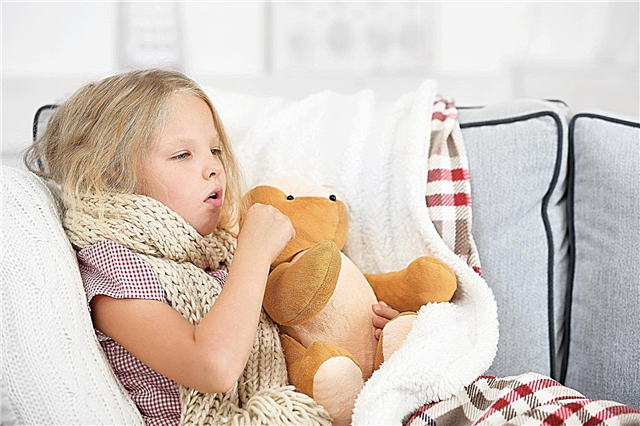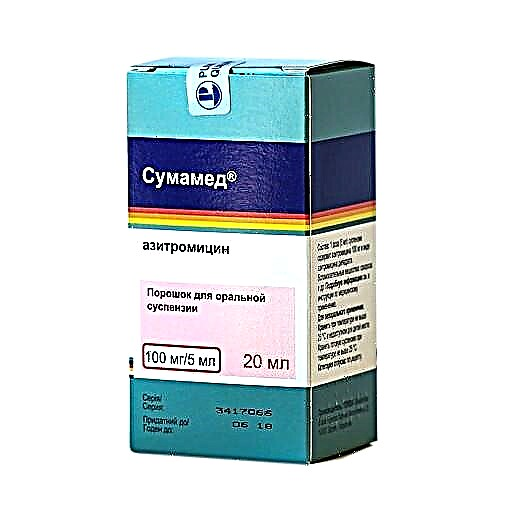The most anxious people in the world are undoubtedly new parents. Hundreds of questions, the answers to which need to be known here and now, torment them 24 hours a day: why does he cry, and does he eat right, why does he not like to swim, etc. We asked the neonatologist Lyudmila Brodskaya to answer them and it turned out to be a kind of cheat sheet for restless parents.

- One of the most common problems that young mothers like to “frighten” with is colic in babies. Are they really that scary? What are the reasons for their occurrence and what actions should parents take?
- It is impossible to say unequivocally what exactly is the cause of colic. Often, parents call colic any attack of inconsolable sudden crying in a healthy baby. Colic is rarely seen in babies older than three months.
Bloating can be caused, for example, by the accumulation of gas, and this reason is twofold: the baby begins to scream in pain, sometimes holds his breath while screaming, and then convulsively swallows air. The excess of the latter enters the stomach - the pain intensifies.
What to do: in this case, tummy massage, tilting the child (the same "column" that is recommended after each feeding), glycerin suppositories (only after consulting a doctor) will help. If a mother is breastfeeding, then some of the foods she uses (for example, nuts, dairy products) can also lead to gas formation, so carefully monitor your diet (we read in detail about colic).
- Another nightmare of young parents - teeth. You will not hear enough stories: there is a rise in temperature, and crying day and night, and a lack of appetite ... How to ease the suffering of a baby?
- First of all, do not panic in advance: all children have teeth cut in different ways, and I can say that in most cases the horror of the "teething" period is exaggerated - in my practice, there are almost more children who have teeth or did not cause any concern at all , or they were minimal. Symptoms that often accompany teething include fever, child irritability, crying, problems with stools, nasal congestion, and increased salivation.
What to do: Most of these symptoms go away on their own in a few days without treatment. If the baby does not get better, urgently show it to the pediatrician: perhaps teeth are not at all a reason for a cough / runny nose, and the child needs to be treated for another disease (the child is teething).
- How dangerous is the fall of a baby from a changing table or sofa?
- Do not engage in self-flagellation: you are not the first parents to whom this happened At least once, but almost all mothers and fathers have children who fall. Children, fortunately, are strong enough and, most likely, nothing serious will happen to them due to a fall. Of course, this does not mean at all that you can safely leave the child alone in the room: no one has canceled parental responsibility.
What to do: after the fall, reassure the baby, carefully examine him and carefully observe for another day. It is definitely recommended to seek medical help if you notice one or more of the following symptoms: inappropriate behavior, vomiting, convulsions, pupils of different sizes, bleeding from the nose and ears, etc.
- And if my mother saw, but did not have time to stop, but how the child swallowed a piece of paper, washing powder or any medicine, for example, nose drops ...
- The key words here are “if mom saw” - it means she won't have time to eat much. A piece of paper (he did not manage to eat a notebook while his mother ran up) will not harm, as well as from everything else - it is unlikely that the baby will have time to fall asleep in a package of washing powder, yes, and most likely, he will spit it out - children do not eat what tasteless, and washing powder is not among the favorite treats for children.
What to do: If the baby does not have time to swallow the paper, gently remove it from his mouth. Managed? Not scary; nothing will happen from a tiny piece. Give it a drink and shift your focus: for example, show that tearing paper into long strips is much more fun than chewing.
However, there are also serious situations. In my practice, there was a case when my mother just did not see, and my daughter decided not to report that she had swallowed several coins. Mom suspected something unkind, when the child began to vomit, the girl began to wheeze, complaining of chest pain. The ambulance doctor immediately asked if she had swallowed something. The girl told about the coins. They took out foreign bodies under anesthesia in the hospital.
- What if a child suddenly has spots of unknown origin?
- In such cases, you do not need to engage in amateur performances and treat with "the best means according to the neighbor's prescription" and smear the child with miraculous ointments. If the cause of the spots is a viral disease, then at best it will be useless, at worst - you will waste time healing the spots themselves, instead of treating the cause of their occurrence.
What to do: You definitely need to see a doctor.
- Pets in the same house with the baby: is it dangerous or not, for example, if the dog licks the baby's face? How important is the fact - is the animal vaccinated or not?
- I'll start from the end, namely with vaccinations: here it is categorical - the pet must be vaccinated, there are no other options. Rabies in pets is uncommon, but it does happen. Do you want to "give" yourself and your child, albeit scanty, but a chance to be bitten by a sick animal? The question is rhetorical. Therefore - to vaccinate, every year. Further, another important point is animal allergy. It may or may not occur in an infant, not to predict. What to do with the animal in case of allergy is up to you. But be sure to take an analysis to identify the allergen, maybe your Murzik has nothing to do with it, and the source of the disease is different.
What to do: if a healthy vaccinated animal showed sympathy for the child by licking him, nothing will happen, then the question is purely personal - how do you feel about it.



